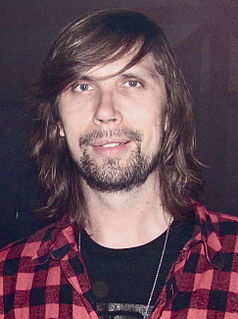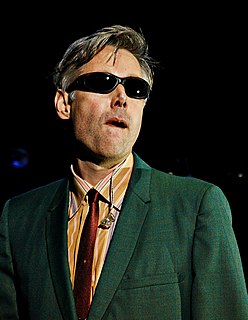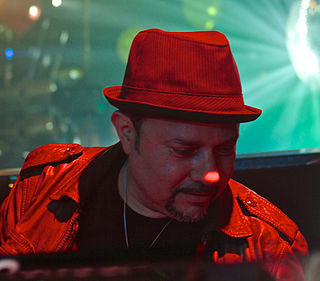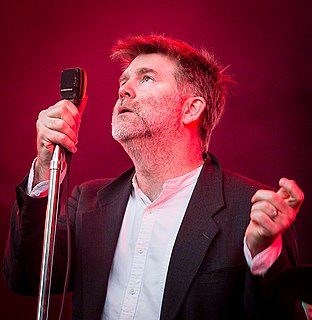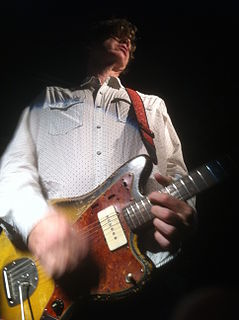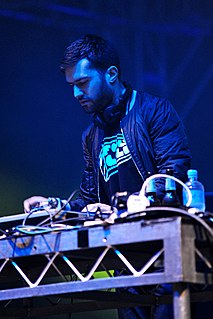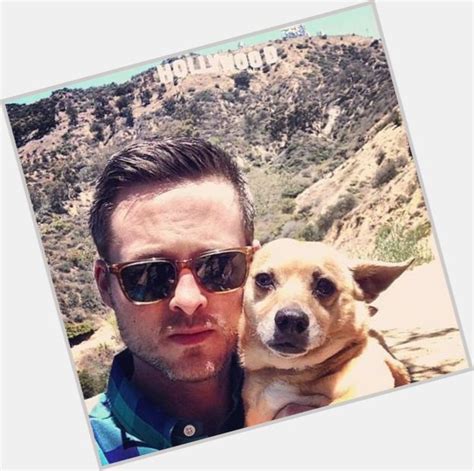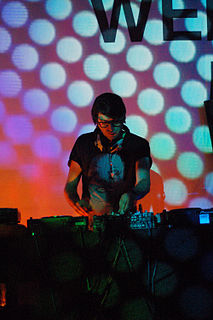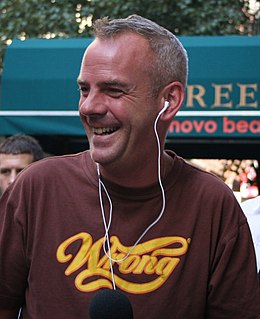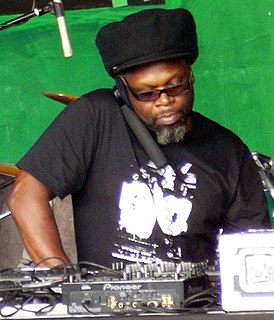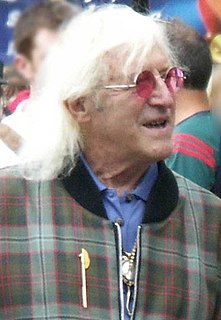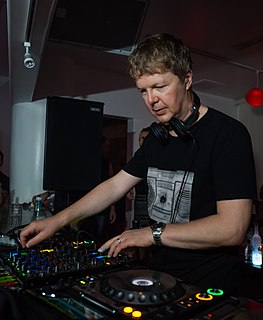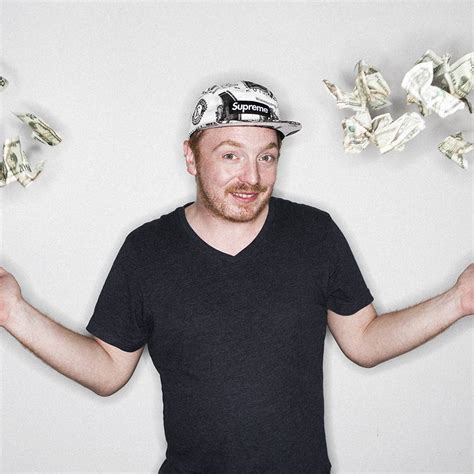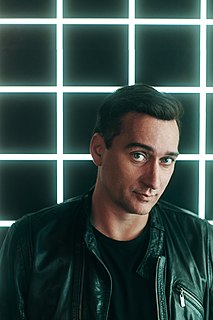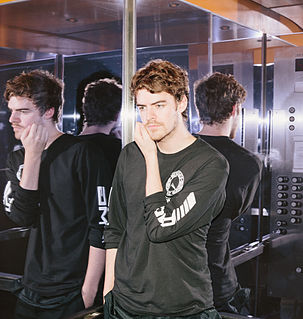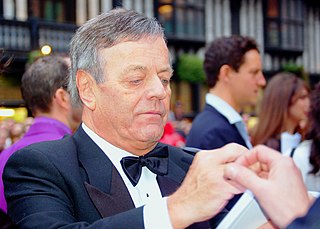A Quote by Pedro Winter
Some people started to call me "the King of No" because with Daft Punk we were saying "no" to everything.
Related Quotes
I live in Nashville, and I don't know how many people there would call me country. I really started in punk and anti-folk, but one of the reasons I originally gravitated towards country music is because most of those songs only use three chords. That was the easiest place for me to start, but I'm always trying to expand what I do.
Prophet just means intellectual. They were people giving geopolitical analysis, moral lessons, that sort of thing. We call them intellectuals today. There were the people we honor as prophets, there were the people we condemn as false prophets. But if you look at the biblical record, at the time, it was the other way around. The flatterers of the Court of King Ahab were the ones who were honored. The ones we call prophets were driven into the desert and imprisoned.
Go back to the Bible, the Old Testament. I mean there were people who we would call intelectuals, there, they were called prophets, but they were basically intelectuals: they were people who were doing critical, geopolitical analysis, talking about the decisions of the king were going to lead to destruction; condemning inmorality, calling for justice for widows and orphans. What we would call dissident intelectuals. Were they nicely treated? No, they were driven into the desert, they were imprisoned, they were denounced. They were intelectuals who conformed.
We never fit in completely to [the punk] scene because we were writing love songs that were heartfelt and endearing. Some of the punks didn't know what to make of us, but I finally realized that was what made us punk. We sang what we meant, from the heart, and didn't worry about what anyone was going to think.
